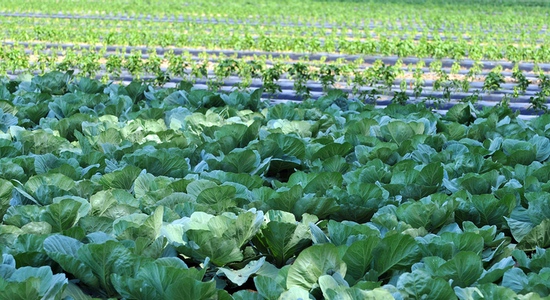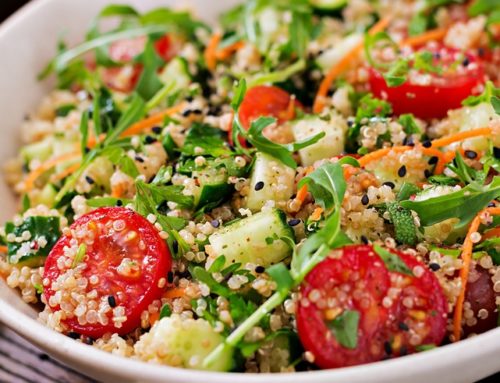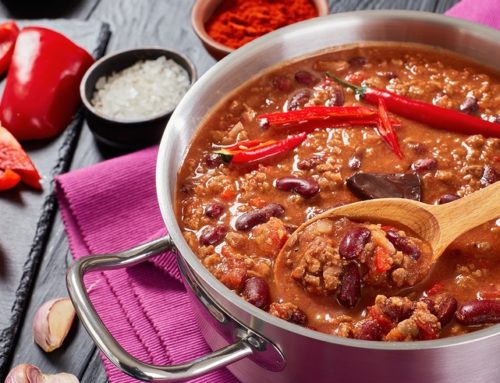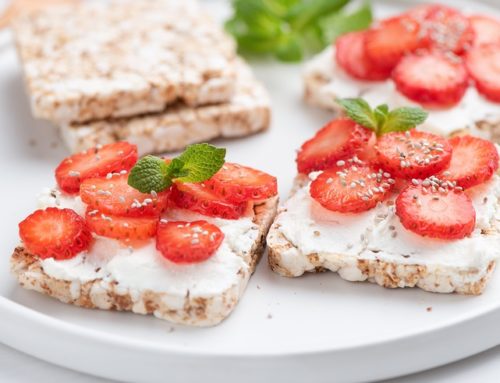When suggesting organics to my clients I generally hear the same response: Too expensive!
And my clients are not wrong. Prices range from a few cents higher per pound of produce, to a few dollars higher for meats and dairy. But if you’ve read our previous posts on the benefits of eating organic, you know that it can be beneficial to choose organics in certain situations.
Let’s review a few tips on how to make these cleaner choices more affordable:
Choose wisely
Certain products are more important to put that organic budget towards than others. This includes fruits, vegetables, meats, and dairy. Partially, this is because these items tend to be more contaminated, but also because they are a large part of most of our meal plans. Choosing to purchase organic for the foods you eat most often will yield the largest benefit. When it comes to produce, stick to organics for the “Dirty Dozen” specifically, which are the most contaminated items on the shelves. The “Clean 15” are the least likely to be contaminated, and less important to buy organic.
Plan strategically
Take a peek at what items may be on sale at your local markets, and plan your meals that week around them. This not only saves you money on the items themselves, but also cuts down on food wasted in your household.
Don’t be a label snob
Store brands like Trader Joe’s, 365 brand, ShopRite, and others are required to meet the same USDA criteria for organic certification as name brands, and are most always less expensive.
Put your freezer to work
Stock up when you find a good sale, and freeze what you can’t use immediately. This goes for many kitchen staples, including meats, cheese, nuts, among others. Additionally, you will save yourself quite a bit per pound by buying something like a whole chicken & dividing it at home, rather than buying chicken pieces. When stored correctly, these items will keep for months in a regular kitchen freezer.
Don’t pay for convenience
You will always pay more for food that has been prepared and packaged for you. For example, produce that has been pre-washed and chopped is almost always twice as expensive as loose items. Also, look for unpackaged foods from bulk dispensers such as oats, dried beans, and nuts. Bagging it yourself will save a surprising amount of money per pound.
If you are feeling more adventurous, you can also save some cash by joining a local organic CSA (community-supported agriculture), or growing your own produce at home (look into urban farming if you are short on space!). Remember, even small changes can add up to big benefits over time. If buying organic is important to you, follow these tips for making the process more budget-friendly. Enjoy!





